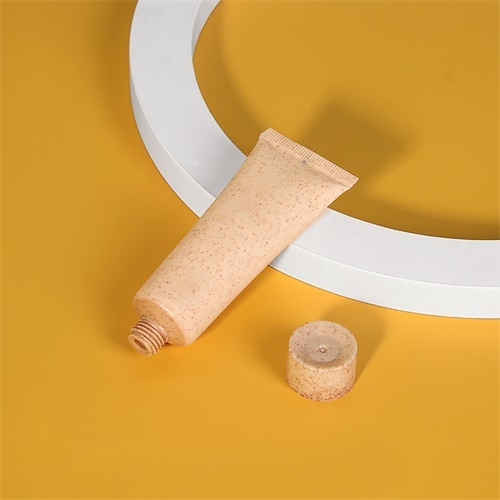Table of contents:
Cost Analysis: Traditional Plastic vs. Wheat Tube Packaging
Scaling Production: Meeting the Growing Demand for Wheat Straw Bottles
Investment Opportunities in the Wheat Straw Shampoo Bottle Industry
Long-Term Financial Benefits of Switching to Wheat Tube Products
Cost Analysis: Traditional Plastic vs. Wheat Tube Packaging
When considering the switch to wheat straw bottles, businesses must conduct a thorough cost analysis comparing traditional plastic packaging to these innovative alternatives. Initially, the per-unit cost of wheat straw bottles may be slightly higher than their plastic counterparts. However, wheat tube manufacturers are continually improving production processes, leading to more competitive pricing. Factors such as bulk ordering and long-term contracts with wheat tube suppliers can significantly reduce costs. Moreover, as governments worldwide implement stricter regulations on single-use plastics, the expenses associated with traditional packaging are likely to increase, making wheat straw options more economically viable in the long run.
Scaling Production: Meeting the Growing Demand for Wheat Straw Bottles
As consumer awareness of environmental issues grows, so does the demand for sustainable packaging solutions. Wheat tube manufacturers are responding by scaling up production to meet this increasing need. This scaling process involves significant investments in research and development, as well as in manufacturing facilities. For businesses considering the adoption of wheat straw bottles, it's essential to partner with reliable wheat tube suppliers who can guarantee consistent supply and quality. The ability to scale production efficiently will be a critical factor in determining the success and widespread adoption of wheat straw packaging across various industries.
Investment Opportunities in the Wheat Straw Shampoo Bottle Industry
The rise of wheat straw packaging presents numerous investment opportunities within the industry. Forward-thinking investors are taking notice of innovative wheat tube manufacturers and suppliers, recognizing the potential for substantial returns as the market expands. Investments in this sector can range from supporting startups developing new wheat straw technologies to funding established wheat tube suppliers looking to expand their operations. Additionally, there are opportunities for businesses to invest in their own transition to wheat straw packaging, potentially leading to long-term cost savings and improved brand image. As the industry matures, we can expect to see more diverse investment options emerging in the wheat straw bottle market.
Long-Term Financial Benefits of Switching to Wheat Tube Products
While the initial transition to wheat straw bottles may require upfront investment, the long-term financial benefits can be substantial. Companies that partner with reputable wheat tube suppliers often find that these sustainable packaging solutions contribute to improved brand perception and customer loyalty. This positive image can translate into increased sales and market share. Furthermore, as regulations around plastic use become more stringent, businesses that have already adopted wheat straw packaging will be well-positioned to avoid potential fines or taxes associated with non-compliant packaging. The durability and reusability of wheat straw bottles can also lead to reduced packaging costs over time, as consumers may require fewer replacements.
In conclusion, the adoption of wheat straw bottles represents a significant shift in business practices with far-reaching economic implications. As wheat tube manufacturers continue to innovate and scale their production, the cost-effectiveness of these sustainable packaging solutions is likely to improve. Companies that partner with reliable wheat tube suppliers and invest in this technology early stand to gain a competitive edge in an increasingly environmentally conscious market. While challenges remain in scaling production and optimizing costs, the long-term financial and environmental benefits of switching to wheat straw packaging are becoming increasingly clear. As the industry evolves, businesses that embrace this eco-friendly alternative will be well-positioned to thrive in a future where sustainability is not just a choice, but a necessity.

Comments
Post a Comment